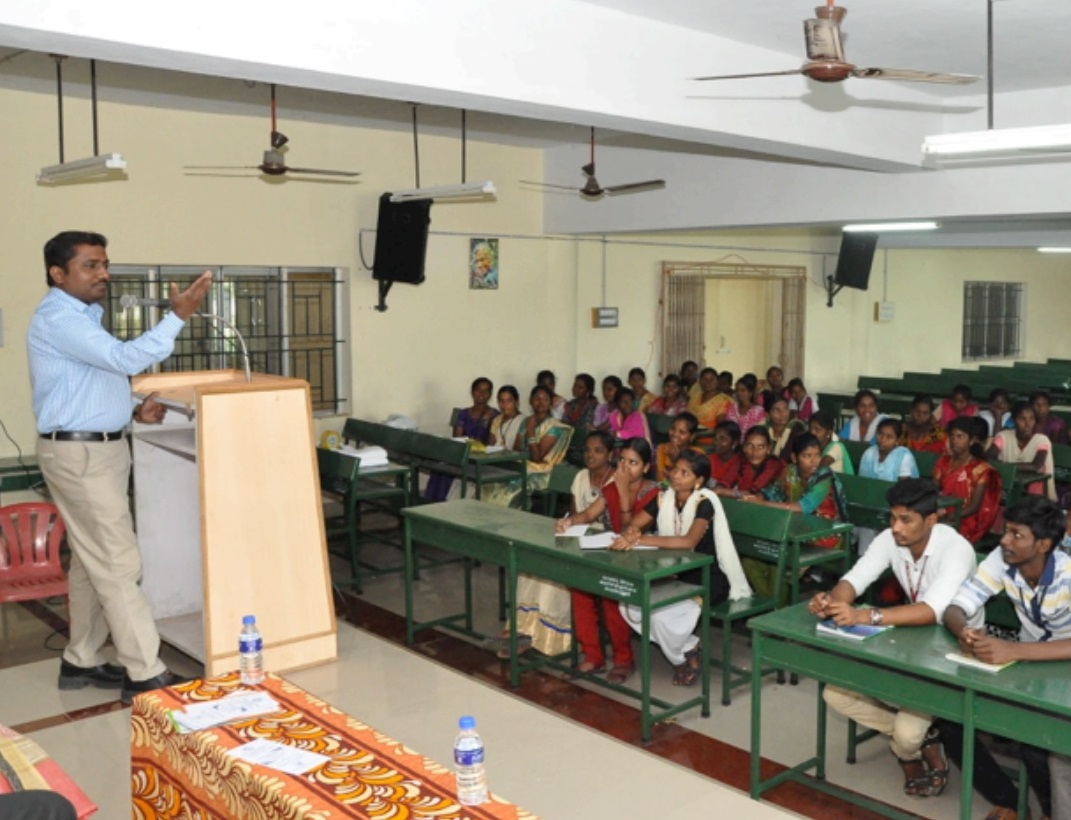While large research programmes search for cures for many diseases, venomous snakebites quietly kill around 100,000 people every year. Children, often barefoot in the fields of remote, rural communities are particularly vulnerable and suffer worse effects than adults due to their smaller size.
Dr Sakthivel Vaiyapuri is usually found in his laboratory at the University, studying the effects of snake venom on blood clotting. His lab work, however, is only the beginning; his passion is to turn theory into action.
Annual visits to India provide Dr Vaiyapuri the perfect opportunity to reach out to the people at daily risk of snakebite. He has developed strategies for the diagnosis and treatment of bites, which he is sharing with schools in Tamil Nadu, teaching children the differences between venomous and non-venomous snakes, how to avoid snakes, and what to do if someone is bitten. It’s simple, and it saves lives.
Dr Vaiyapuri’s methods are refreshingly low-tech. Pictures help children identify snakes and where they live. They’re encouraged to discuss snakebite incidents in their villages and, for older children, practical science sessions show how bites affect the human body and how information about venoms can be used to treat various medical conditions. Dr Vaiyapuri continually adapts and improves his teaching materials based on feedback from students, their teachers, and healthcare professionals.
He is currently developing a video documentary for use by TV channels, further extending the reach of his scientific research and public health messages to vulnerable communities where they are making a tangible difference.
Judges’ comments: “Sakthi is taking his lab-based research to a setting where it has real practical use – and in the process inspiring young people with science.”
Shortlisted for the University Research Engagement and Impact Awards 2018
First published: June 2018

